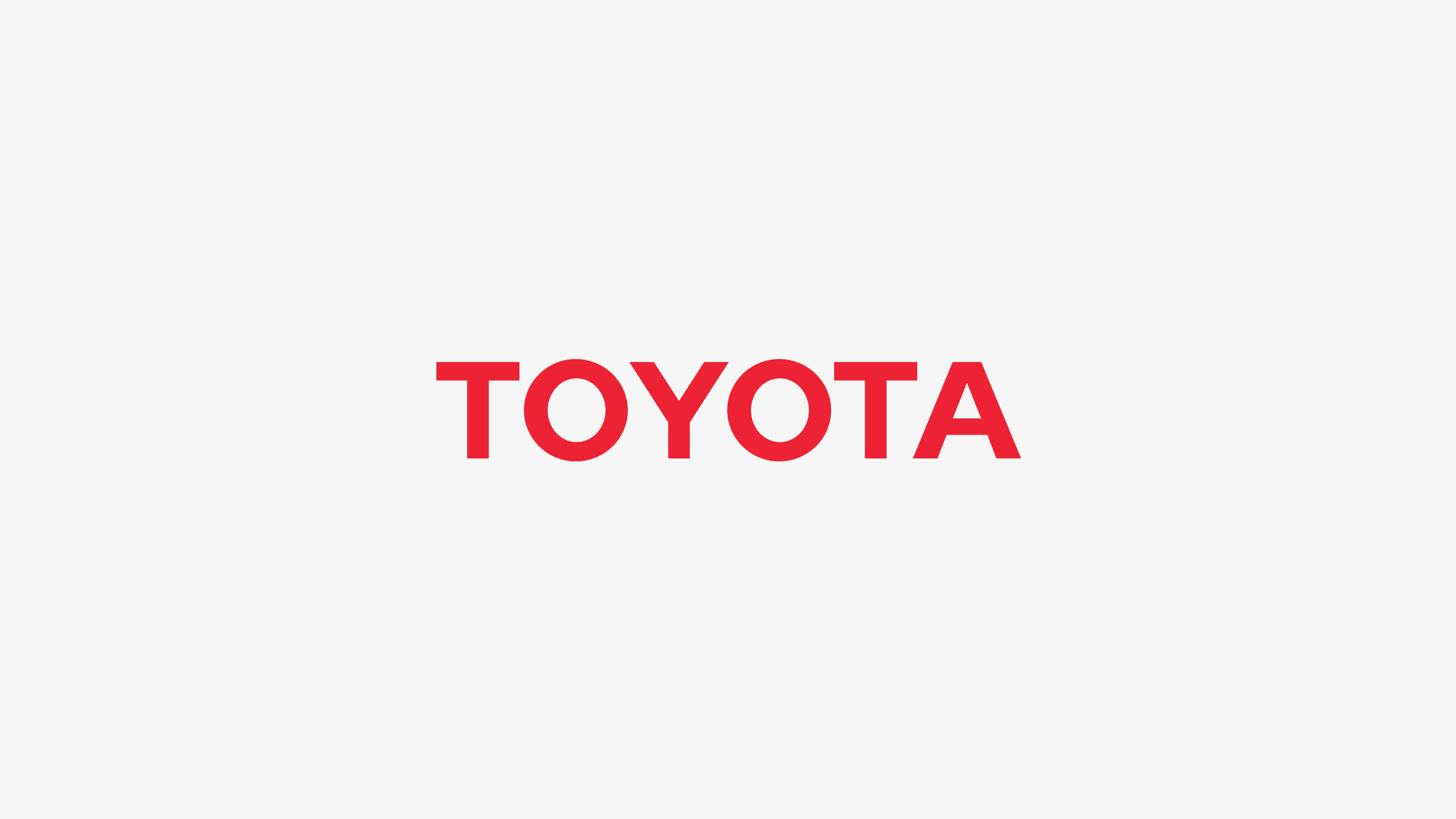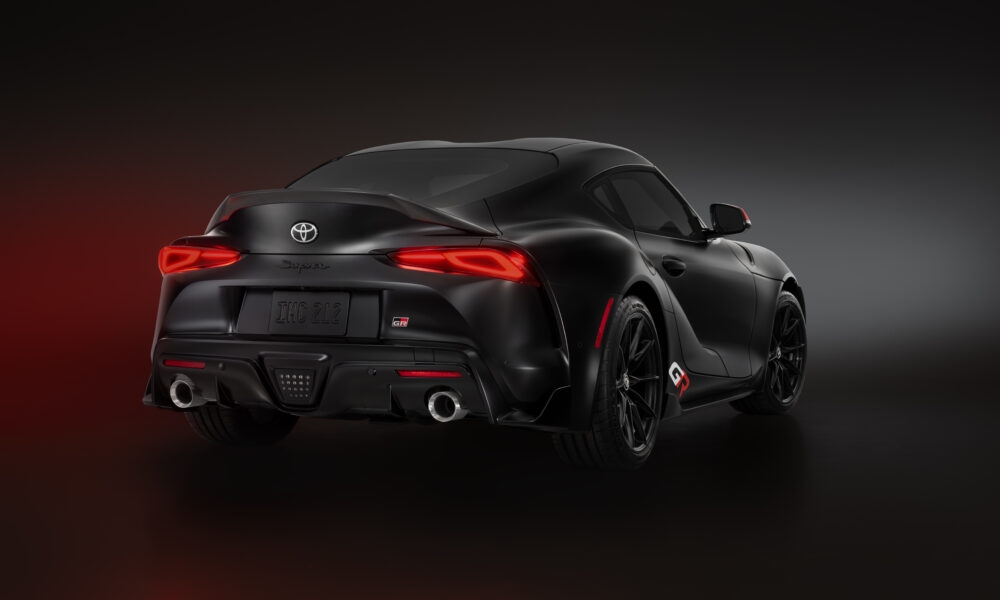California Energy Commission awards $7.3 million for the first eight of 51 Shell hydrogen refueling stations proposed through a $40.5 million, multi-year program
SACRAMENTO, Calif. (December 10, 2020) – On December 9, 2020, the California Energy Commission (CEC) awarded $7.3 million to Equilon Enterprises LLC (d/b/a Shell Oil Products US), hereafter referred to as Shell Hydrogen, to deliver the first eight of 51 proposed Shell hydrogen refueling stations. This funding is part of a multi-year program supported by a Notice of Proposed Award of $40.5 million from the CEC earlier this year. Further, Toyota and Honda have agreed to continue their strong support for Fuel Cell Electric Vehicle (FCEV) sales in California. Future project funding, including the remaining amount within the Notice of Proposed Award, is subject to annual approval from both the California state budget and allocations from the CEC.
If successful in securing full funding, Shell Hydrogen will install hydrogen refueling equipment at a total of 48 existing Shell retail stations, upgrade two current Shell Hydrogen stations and add light-duty fueling dispensers and positions at one existing Shell Hydrogen heavy-duty truck station.
The new hydrogen refueling stations join nine Shell hydrogen locations in the state, seven of which originated through a previous CEC award in 2017. The expanded network helps expedite and increase the number of hydrogen refueling stations in support of growing the market for hydrogen fuel cell technology.
To support the growth of hydrogen mobility, infrastructure is critical to ensuring the customer has a safe, convenient, reliable, high quality, low cost fueling experience. “Innovations in California policy, including infrastructure capacity crediting in the Low Carbon Fuels Standard and a multi-year structure in grant funding, enable us to deliver this station development program and decarbonize hydrogen to near-zero or below,” said Oliver Bishop, general manager for Shell Hydrogen. “I’d like to thank the CEC for giving Shell Hydrogen the opportunity to support California’s environmental and energy policy goals.”
“Fuel cell vehicles are an important part of our long-term efforts to reduce carbon emissions,” said Steven Center, vice president of Auto Sales, American Honda. “As a leader in the development of zero-emission vehicles, we fully support Shell Hydrogen and their significant expansion of the hydrogen refueling network to speed the adoption of lower carbon transportation options.”
Honda is committed to reducing its total global company CO2 emissions by 50 percent by 2050, compared to the year 2020. Toward that goal, two-thirds of Honda’s global automobile sales by 2030 will be comprised of electrified vehicles, including fuel cell electric vehicles. With a 360-mile U.S. Environmental Protection Agency driving range rating, the Honda Clarity Fuel Cell has one of the longest ranges of any zero-emission light-duty vehicle in America and can be refueled in approximately three to five minutes.
Toyota’s Doug Murtha, group vice president, Corporate Strategy and Planning, Toyota Motor North America, added “Toyota has been developing fuel cell electric vehicles for nearly three decades, so we’re excited to participate with Shell in this rapid expansion of next generation hydrogen fueling infrastructure. The size and scale of this project align perfectly with the launch of our second-generation 2021 Mirai which will allow the fuel cell vehicle market to grow significantly over the next several years.”
About Shell Hydrogen
Shell Hydrogen is helping to build the infrastructure needed for hydrogen to grow as a transport fuel. For example, we are part of joint ventures and alliances that have built hydrogen refueling stations for passenger cars in the USA (California), Canada, Germany and the UK and announced plans to build several stations in the Netherlands. In California, Shell is also developing filling stations for hydrogen trucks, in co-operation with Toyota, Kenworth, the Port of Los Angeles and the Port of Long Beach. In 2020, Shell announced plans to be part of a consortium that aims to build the largest European green hydrogen project capable of producing 800,000 tonnes of green hydrogen in the Netherlands by 2040. If given the go-ahead, NortH2 will be powered by electricity generated by an offshore wind farm in the North Sea. Green hydrogen, produced through electrolysis using renewable power such as wind and solar, is a key priority area for the European Green Deal. Shell helped with the launch of The Hydrogen Council, a global coalition of companies working to raise the profile of hydrogen’s role in the transition to a lower-carbon energy system.
About Honda
Honda offers a full line of reliable, fuel-efficient and fun-to-drive vehicles with advanced safety technologies sold through over 1,000 independent US Honda dealers. The Honda lineup includes the Civic, Insight, Accord and Clarity series passenger cars, along with the HR-V, CR-V, Passport and Pilot sport utility vehicles, the Ridgeline pickup and the Odyssey minivan.
Honda has been producing automobiles in America for more than 35 years and currently operates 19 major manufacturing facilities in North America. In 2018, more than 90 percent of all Honda brand vehicles sold in the U.S. were made in North America, using domestic and globally sourced parts.
About Toyota
Toyota (NYSE:TM), creator of the Prius hybrid and the Mirai fuel cell vehicle, is committed to building vehicles for the way people live through our Toyota and Lexus brands. Over the past 60 years, we’ve built more than 40 million cars and trucks in North America, where we have 14 manufacturing plants, 15 including our joint venture in Alabama (10 in the U.S.), and directly employ more than 47,000 people (over 36,000 in the U.S.). Our 1,800 North American dealerships (nearly 1,500 in the U.S.) sold nearly 2.8 million cars and trucks (nearly 2.4 million in the U.S.) in 2019.
Cautionary Note
The companies in which Royal Dutch Shell plc directly and indirectly owns investments are separate legal entities. In this news release “Shell”, “Shell Group” and “Royal Dutch Shell” are sometimes used for convenience where references are made to Royal Dutch Shell plc and its subsidiaries in general. Likewise, the words “we”, “us” and “our” are also used to refer to Royal Dutch Shell plc and its subsidiaries in general or to those who work for them. These terms are also used where no useful purpose is served by identifying the particular entity or entities. ‘‘Subsidiaries’’, “Shell subsidiaries” and “Shell companies” as used in this news release refer to entities over which Royal Dutch Shell plc either directly or indirectly has control. Entities and unincorporated arrangements over which Shell has joint control are generally referred to as “joint ventures” and “joint operations”, respectively. Entities over which Shell has significant influence but neither control nor joint control are referred to as “associates”. The term “Shell interest” is used for convenience to indicate the direct and/or indirect ownership interest held by Shell in an entity or unincorporated joint arrangement, after exclusion of all third-party interest.
This news release contains forward-looking statements (within the meaning of the U.S. Private Securities Litigation Reform Act of 1995) concerning the financial condition, results of operations and businesses of Royal Dutch Shell. All statements other than statements of historical fact are, or may be deemed to be, forward-looking statements. Forward-looking statements are statements of future expectations that are based on management’s current expectations and assumptions and involve known and unknown risks and uncertainties that could cause actual results, performance or events to differ materially from those expressed or implied in these statements. Forward-looking statements include, among other things, statements concerning the potential exposure of Royal Dutch Shell to market risks and statements expressing management’s expectations, beliefs, estimates, forecasts, projections and assumptions. These forward-looking statements are identified by their use of terms and phrases such as “aim”, “ambition”, ‘‘anticipate’’, ‘‘believe’’, ‘‘could’’, ‘‘estimate’’, ‘‘expect’’, ‘‘goals’’, ‘‘intend’’, ‘‘may’’, ‘‘objectives’’, ‘‘outlook’’, ‘‘plan’’, ‘‘probably’’, ‘‘project’’, ‘‘risks’’, “schedule”, ‘‘seek’’, ‘‘should’’, ‘‘target’’, ‘‘will’’ and similar terms and phrases. There are a number of factors that could affect the future operations of Royal Dutch Shell and could cause those results to differ materially from those expressed in the forward-looking statements included in this news release, including (without limitation): (a) price fluctuations in crude oil and natural gas; (b) changes in demand for Shell’s products; (c) currency fluctuations; (d) drilling and production results; (e) reserves estimates; (f) loss of market share and industry competition; (g) environmental and physical risks; (h) risks associated with the identification of suitable potential acquisition properties and targets, and successful negotiation and completion of such transactions; (i) the risk of doing business in developing countries and countries subject to international sanctions; (j) legislative, fiscal and regulatory developments including regulatory measures addressing climate change; (k) economic and financial market conditions in various countries and regions; (l) political risks, including the risks of expropriation and renegotiation of the terms of contracts with governmental entities, delays or advancements in the approval of projects and delays in the reimbursement for shared costs; (m) risks associated with the impact of pandemics, such as the COVID-19 (coronavirus) outbreak; and (n) changes in trading conditions. No assurance is provided that future dividend payments will match or exceed previous dividend payments. All forward-looking statements contained in this news release are expressly qualified in their entirety by the cautionary statements contained or referred to in this section. Readers should not place undue reliance on forward-looking statements. Additional risk factors that may affect future results are contained in Royal Dutch Shell’s Form 20-F for the year ended December 31, 2019 (available at www.shell.com/investor and www.sec.gov). These risk factors also expressly qualify all forward-looking statements contained in this news release and should be considered by the reader. Each forward-looking statement speaks only as of the date of this new release, December 10, 2020. Neither Royal Dutch Shell plc nor any of its subsidiaries undertake any obligation to publicly update or revise any forward-looking statement as a result of new information, future events or other information. In light of these risks, results could differ materially from those stated, implied or inferred from the forward-looking statements contained in this news release.
We may have used certain terms, such as resources, in this news release that the United States Securities and Exchange Commission (SEC) strictly prohibits us from including in our filings with the SEC. Investors are urged to consider closely the disclosure in our Form 20-F, File No 1-32575, available on the SEC website www.sec.gov.


 Add to Cart
Add to Cart Print
Print Convert to PDF
Convert to PDF


